People with a lack of sleep also tend to suffer from poor memory and lack of focus. A study explains why.
RELATED: What Is NAD+ And Why It Matters For Your Health
In this article:
- The Premise of the Study
- Let’s Begin with the Bigger Picture
- Acute Sleep Deprivation and Cognitive Performance
- How About Chronic Sleep Deprivation?
- Can You Improve Your Lack of Focus After Sleep Deprivation?
Lack of Focus and Bad Memory Are Consequences of Sleep Deprivation
The Premise of the Study
People can experience a lack of focus and concentration for many reasons. On top of the list is sleep deprivation, which may be:
- Prolonged wakefulness (or acute sleep deprivation)
- Sleep restriction (chronic sleep deprivation)
Many studies explore its effects on cognitive performance, such as paying attention or remembering things. What many people don’t know is the cognitive effects of lack of sleep can vary.
It depends on factors such as age and gender, so do the kind of sleep deprivation you experience.
A 2007 study published in the Neuropsychiatric Disease and Treatment reviews published literature on the relationship between poor sleep and cognitive functioning. It also provides evidence on the differences between the kinds of sleep deprivation.
Let’s Begin with the Bigger Picture
The study starts with two models that explain why people sleep. One is homeostasis.
Homeostasis is a process of achieving balance. In this case, you feel sleepier the longer you stay awake.
The other is the circadian rhythm, which others call the body’s internal clock. It regulates the sleep-wake cycle and the biological reactions that come with it.
For example, your ability to pay attention is better in the morning since you’re more alert. As night arrives, you find yourself feeling more relaxed.
Because sleep relates to many biological processes, the lack of it can also mean negative effects. These can include changes in physical and mental health:
- Poorer immune system
- Migraines and headaches
- Increased risk of high blood pressure and heart disease
- Higher cortisol, a stress hormone
- Higher odds of obesity and even sleep apnea
- Lower energy levels
- Mood changes (or susceptibility to mood disorders such as anxiety, depression, or bipolar II disorder)
What is sleep apnea? It is a serious sleeping disorder characterized by episodes of pauses of breathing.
The study also explains the connection between sleep deprivation and memory, as well as a lack of focus.
For one, people lose focus because of lapses from microsleep. It is a short episode that lasts for a few seconds.
Within that time, though, you become less responsive to sensory inputs. You may even be unconscious, but the time is too short for you to realize it.
Next, the sleep deprivation effects on the brain are due to selective impact. Sleep loss, for instance, can affect the prefrontal cortex.
This region of the brain regulates some of the most complex tasks, like decision making and cognitive behavior.
Acute Sleep Deprivation and Cognitive Performance
Sleep loss affects cognition—no questions. How it impacts the mind depends on the type of deprivation you have.
One of these is acute sleep deprivation, which refers to being awake for 24-72 hours.
It is not the best representation of situations in daily life. Interestingly, though, it is one more studied than chronic sleep deprivation.
The 2007 study focused on types of research that touched on working memory and long-term memory.
Working memory is a memory in action. It is your ability to remember information and use it properly while doing a specific task.
This type of memory also relates to attention since both function with the help of the frontal lobes. It then implies that prolonged wakefulness can affect both.
Most of the previous studies showed that poor sleep results in a lack of focus through weak vigilance. For instance, your reaction time may be longer when you have been awake for a day.
People under prolonged wakefulness may also experience a trade-off between speed and accuracy. It seems you can favor one over the other when you operate on less sleep.
What about long-term memory? The findings are more interesting.
For example, some participants could hardly recall faces within 36 hours of being awake, but their recognition ability remains the same. A possible explanation is these two skills relate to various areas of the brain.
RELATED: Peptide Synthesis Without Amino Acids Shines Light On Origin Of Life
How About Chronic Sleep Deprivation?
In reality, people are more likely to suffer from chronic sleep loss. These days, one in every three adults don’t meet the recommended sleep duration.
The problem is well-controlled studies on the effects of sleep deprivation for this kind are few. The 2007 research also explained that the methodologies of the existing ones significantly vary.
Nevertheless, it went on to note a direct relationship between a lack of focus and sleep loss. The less sleep you have because of restrictions, the higher the odds of impaired cognitive thinking.
Can You Improve Your Lack of Focus After Sleep Deprivation?
Based on the discussions above, you may infer that if you have a hard time focusing, all you need to do is to sleep well in the following days.
The 2007 study, however, said research on sleep recovery is not enough. The available ones even give a grim warning: it takes some time before your cognition recovers from sleep loss.
The primary key to stay focused and keep your cognitive functioning healthy is to create healthy sleep habits. For example, you may avoid doing aerobic exercise hours before you sleep.
While exercise is good, a vigorous one keeps your heart rate and blood pressure up. You can perform meditation or low-impact movements like yoga instead.
Children usually need longer sleeping hours than adults. Parents may reduce a child’s level of hyperactivity, including limiting their access to mobile devices at night.
Note, though, it’s not only how long you lack sleep that matters. As mentioned, factors like aging and even gender may also contribute to a lack of focus.
Previous studies showed that young people are surprisingly more susceptible to the inability to concentrate than their older counterparts. Also, seniors tend to recover faster from sleep deprivation.
Women, meanwhile, were more likely to complain of a lack of concentration and sleep than men. It could be because females go through more significant hormone changes, such as menopause.
Finally, the effects of sleep deprivation can be individual. In other words, some can learn how to function on less sleep.
Overall, the 2007 study highlights the different outcomes of sleep studies. Sometimes, the results are inconsistent or different from other people’s beliefs.
One thing is clear. Sleep deprivation affects cognitive performance.
It can lead to a lack of focus and poor memory. It can significantly decrease the quality of your life.
If you cannot concentrate, it’s time to pay attention to your sleep quantity and quality.
Get teams like LIV Health onboard. They can help you understand how your body influences your snooze time.
How do you cope with sleep deprivation? Share your ideas in the comments section below!
Up Next:
- Headache From Lack Of Sleep? | Why + How To Treat It
- Brain Fog: Top Causes, Symptoms, And Treatment
- (NEWS) Science Of Senolytics: How A Simple Pill Can Stop Aging


